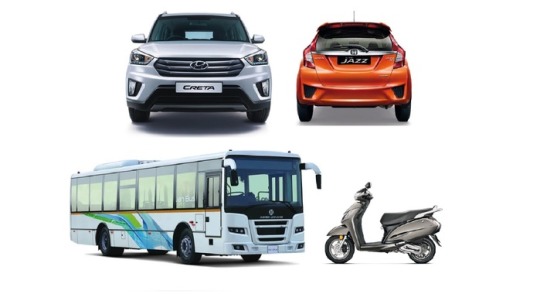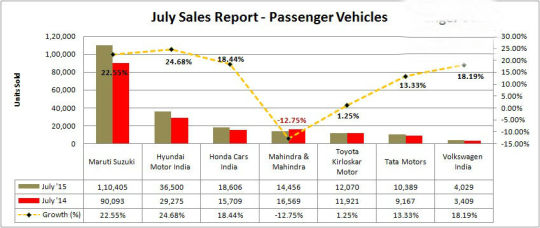Pawan Bansal,Managing Director, Altius Finserv Pvt. Ltd has a simplified explanation of capital markets for you.As per him, Capital Markets are basically markets that entail to selling and buying of equities(stocks) and other debt instruments. They act as a platform bridging the gap between capital suppliers and users. In short, they connect the investors with the users who need capital for their businesses. So in Pawan Bansal’s words, capital markets simply facilitate the demand and supply. Capital markets are further bifurcated into 2 categories, primary and secondary. Primary capital market is the one where new stocks and bonds are sold whereas the secondary market deals with the equities and debts that already exist.
The next part ia a little tricky. The capital markets have a large number of participants, like individual investors, pension funds, mutual funds and even governments, PSUs etc. Also, now every investor wants as much profit as possible. So the common trade off is that an investor into your business would expect high returns. If in case you are an investor, then it is important for you to invest your money in a business where a good return can be expected.
Sounds tricky…right? Now this is where Altius Finserv will guide you. Altius Finserv Private Limited is a boutique investment banking firm offering financial advisory services like debt syndication, public offerings, private placements, spin-offs and restructurings. So all those terms that you find baffling are actually the ones we communicate in on daily basis. No wonder that’s why we boast of an elite clientele.

